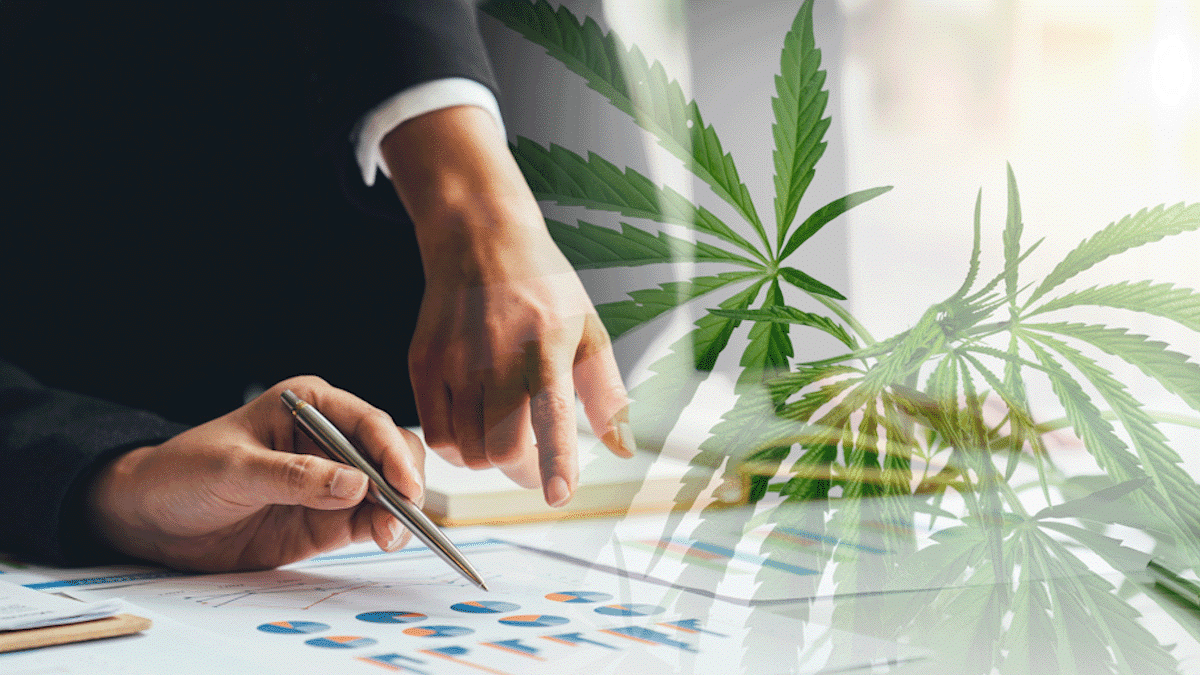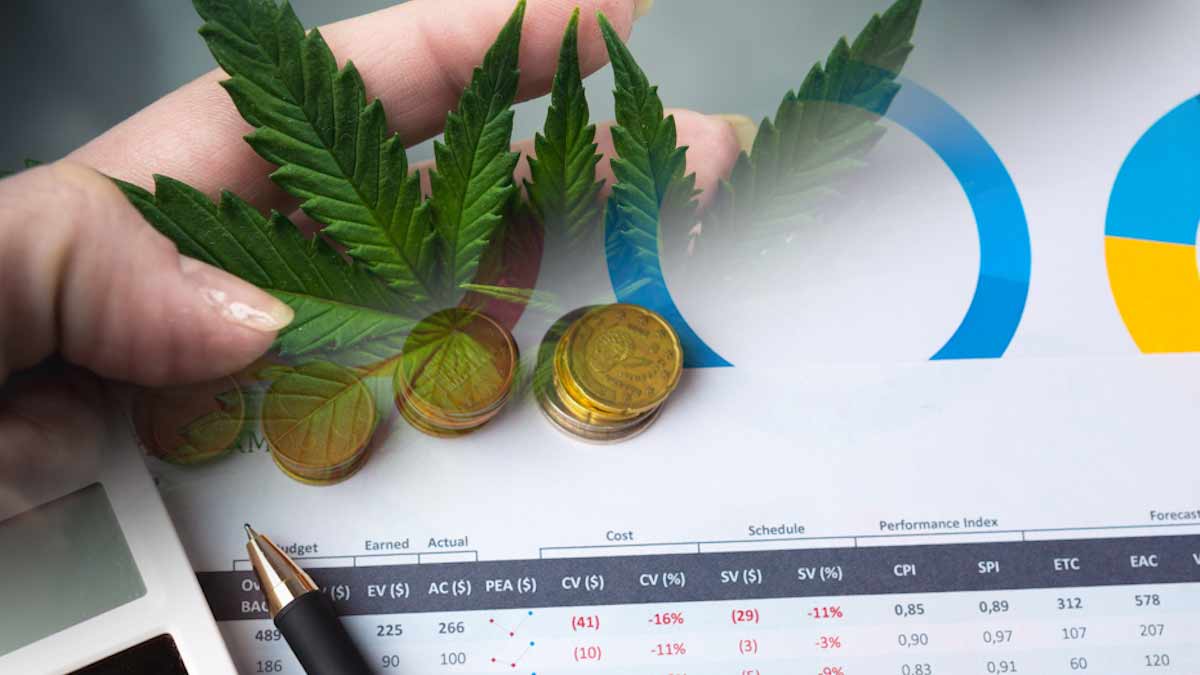Several new studies have come out showing the efficacy of marijuana as a treatment for diseases that would otherwise be treated with opioid drugs. The company Arcview Analysts has shown that the market on cannabis could potentially reach as much as $25 billion over the course of the next three years. The main source of this growth is through the continuous string of legislation happening throughout the country and around the world. With legislation going on in Canada to make marijuana recreationally legal by this Summer, the future seems exciting for the cannabis market.
The opioid epidemic has been a large issue throughout the U.S. for quite some time now, but only recently has it helped to change the opinion of many in the states who had negative ideas about marijuana. The approval rate for marijuana use throughout the U.S. is currently at over two-thirds, which is incredible considering it was only around one-quarter around 10 years ago. As a result of this, around 29 states have put in some sort of legislative measures either legalizing cannabis for recreational or medicinal use. Because of this widespread acceptance of the substance and given the state of the opioid crisis, many doctors and scientists have been advocating for the use of cannabis over opioid related drugs.
Two new studies published in various medical journals have shown that the use of recreational pot has had a massive effect on the reduction of opioid use throughout the country. The world of opioid use in the states is extremely disheartening, showing that around 29% percent of patients given opioids for treatment, end up abusing the drug. From those, around 12% have developed some sort of addiction to the substance. These numbers help to illustrate how important this crisis is to the modern day and the effect that cannabis could have on solving it.
Researchers in the two aforementioned studies have shown that the access to recreational cannabis may have a direct correlation with the amount of opioids consumed. The first study shows that there is a 14% drop in states that have access to recreational cannabis for those who use opioids. This represents a 1.8 million-dose drop in those states, helping to show how important this medicine really is. The second study examined opioid prescription data from Medicaid between a five year period from 2011 on. The study shows that there is a 5.88% reaction in the use of opioid prescriptions in states that have laws in place for the use of medicinal pot. For states that offer the use of recreational cannabis, there is an almost 7% reduction in the prescription of opioids. These numbers are quite remarkable considering how long legal cannabis has been around. If the industry is able to continue from a legal perspective, it may help to slow down if not put an end to much of the opioid use throughout the country.
Although both of these studies have found a correlation, they are not fully completed given that there are many other factors that go into the addiction and subsequent use of these drugs. The legalization of cannabis throughout the country is essentially a key factor in seeing how large this effect may be throughout the U.S. If more states are able to put in legislation for the use of legal cannabis, it could trigger a larger correlation between the use of opioids and cannabis. The hopes are high that throughout the next coming years, scientists will continue to be able to see how marijuana use has a large range of benefits including the one mentioned prior.
MAPH Enterprises, LLC | (305) 414-0128 | 1501 Venera Ave, Coral Gables, FL 33146 | new@marijuanastocks.com










